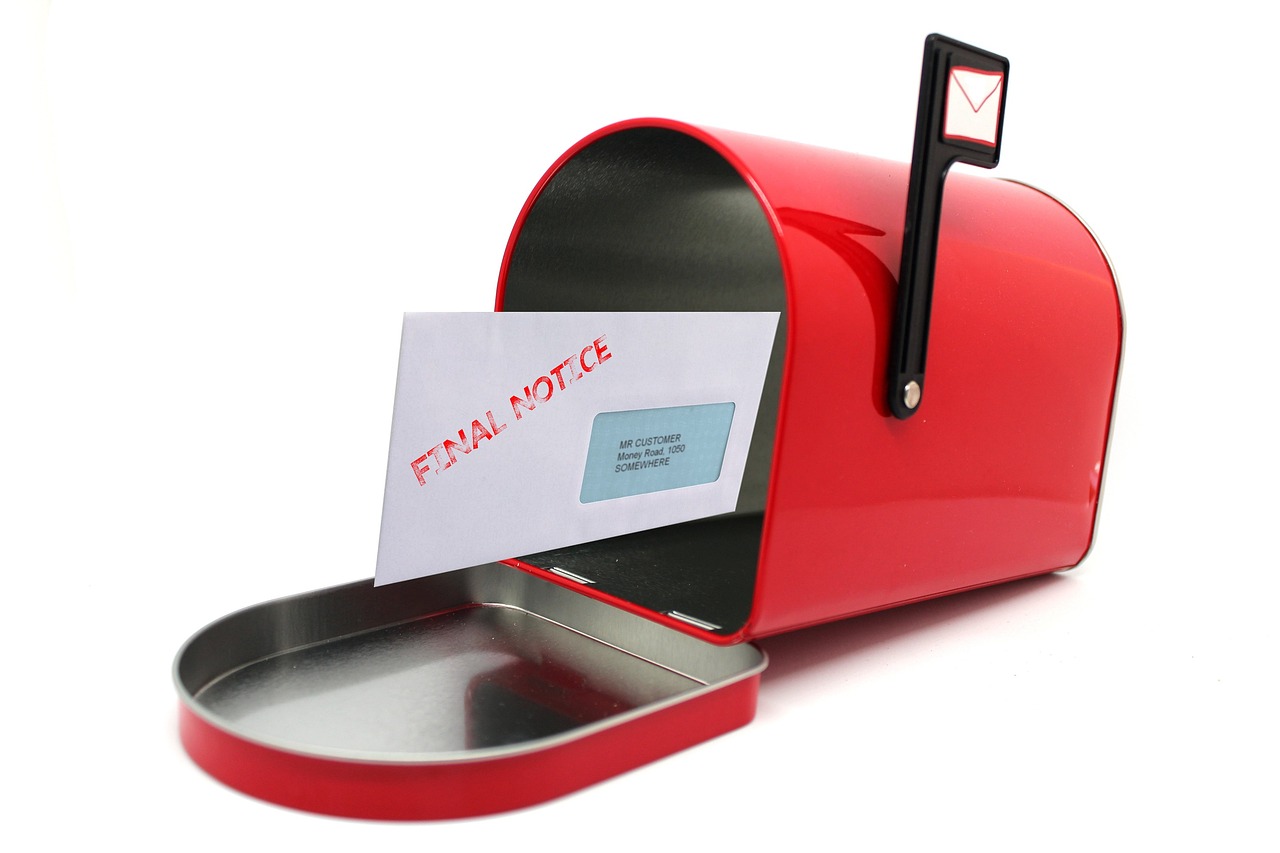It’s crazy to think that you can do the same thing over and over again and expect different results. Yet, that’s exactly how I conducted my finances. I always believed that my finances would magically improve with time. The years went by, and I watched my savings dwindle and my debt balance increase.
I knew that I couldn’t carry on with the same money habits and attitude and expect my finances to improve. But for me to fix my mistakes, I had to understand what they were. I studied my approach to finances, and I discovered three reasons that kept me in the cycle of poverty.
The Need for Instant Gratification
I want what I want, and I want it right now. That sounds like something a child would say while kicking and screaming. But that’s the attitude of most adult spenders. They cannot delay a purchase because they want it immediately. Heaven forbid that they decide never to buy it. And if they don’t have cash in the moment, they’re likely to use credit cards.
Spenders act impulsively when shopping, and they look for ways to part ways with their money as soon as they receive it. They receive tremendous satisfaction from purchasing goods, even if it’s stuff that they don’t need. They link rewards with a purchase. And they repeat their behaviour often because they believe they’re going to be rewarded for buying items.

I also desired instant gratification, so I bought items regularly. And because of that, I lived paycheck to paycheck. Since I spent all of my money, I thought that the solution to my financial problem was to earn more. Throughout the years, I received raises and higher-paying jobs, yet I had no money at the end of the month because I always found a way to spend the additional amount earned.
I realised that more money was not a solution for a spender. I had to condition myself to be a saver by delaying gratification.
After I practised delaying gratification for months and years, I was naturally able to postpone a purchase and in most cases, I decided against buying it at all. Instead of spending impulsively, I used additional funds for my investment and savings account. I valued growing my money more than instant gratification so that I could enjoy more of it at a future date.
Not Considering Risk
Most people believe that to determine their financial standing, they have to deduct expenses from their income. If the balance is positive, then they’re able to meet their financial obligations. The element that most people omit from their financial calculations is risk.
Everything is hunky dory for as long as you continue to receive your income. But if you stop receiving it, how would that affect you? That’s a good question to ask yourself. I think it’s valuable to place yourself in that hypothetical situation and consider how your life would change if your income stopped.
Most people don’t even want to consider that scenario because it scares them to death. So they hope that, at the very least, they will continue to receive an income and possibly a raise in the near future.
Even big corporations have laid off tens of thousands of workers, so nobody is safe. Without a safety net to fall back on, you could be in a world of trouble without an income.

Financially savvy people always have at least $2,000 in an emergency fund and savings for six months of essential expenses(housing, utilities and food). That’s a sufficient amount of time to cover your crucial expenses while you’re looking for another job to replace your income.
Many people choose to save for three months of expenses. In my experience, that timeframe can be short to replace an income, especially if it’s high. When you don’t have sufficient time to replace your income and you receive an offer that’s not ideal, you may accept it because you’re desperate for work. That could lead to further dissatisfaction down the line.
Prioritising Status and Comfort Over Savings
Status is your social and professional standing, and comfort is the degree of convenience that your lifestyle allows you to enjoy. When I analysed my financial situation, I discovered that I valued status and comfort over saving money.
I drove a luxury BMW, which cost me thirty percent of my salary. I lived in an upmarket neighbourhood and bought everything I couldn’t afford with a credit card. The material possessions provided me with status, or, at least, that’s what I thought. The only thing they provided me were expenses. But I wanted to impress others with possessions and make them believe that I was successful, even though I used debt to finance those purchases.
Had I valued saving money, I would’ve driven a modest car purchased with cash, and I wouldn’t have funded the rest of my lifestyle with debt.
To prioritise saving money, I let go of status and comfort. That meant selling the possessions, which actually belonged to the bank. And I became uncomfortable by downgrading my lifestyle, which required me to lower my expenses.
Considering my expenses were lower, I had more money at the end of the month to dedicate to debt. That enabled me to pay it off faster. After becoming debt-free, I continued to live the minimalist lifestyle and dedicated the residual income to my savings account, which grew exponentially.
CHECK OUT MY NEW BOOK — From Homeless to Debtless with Savings





Leave a Reply